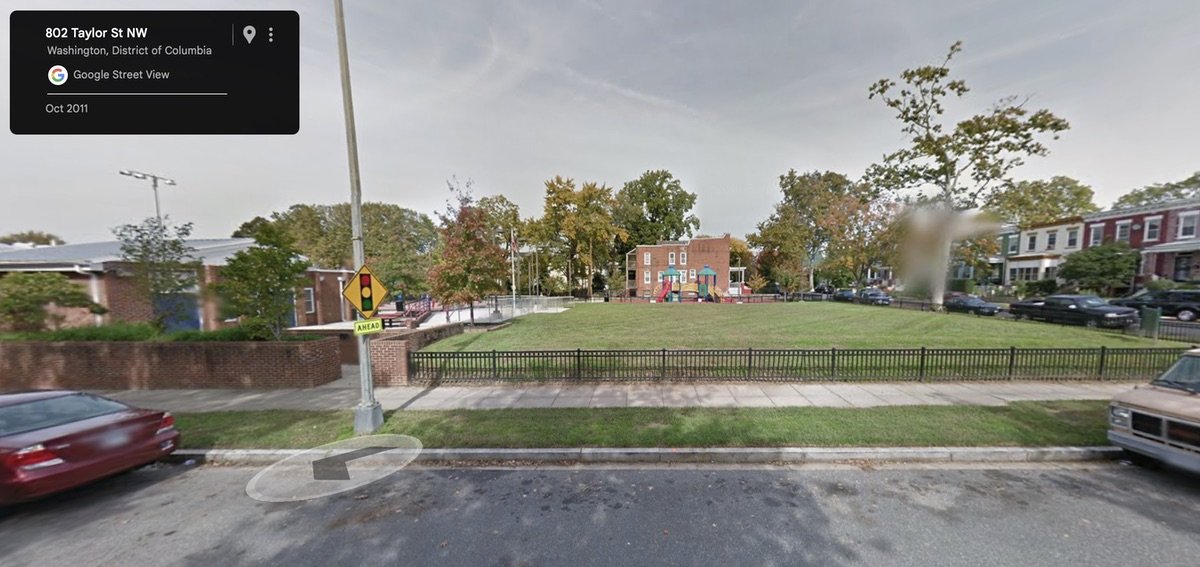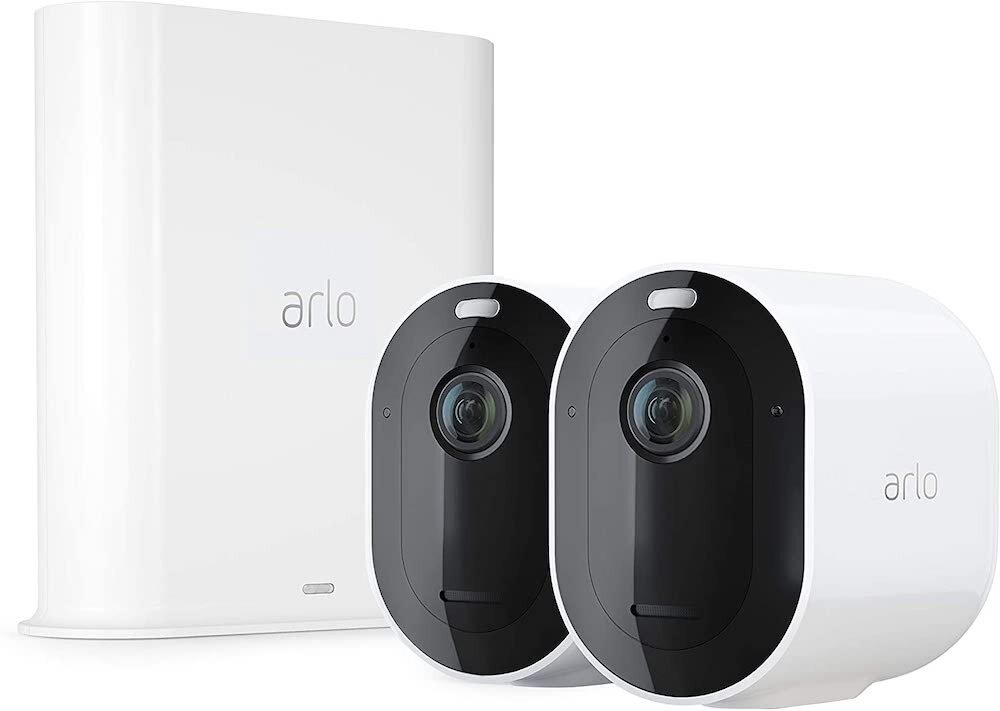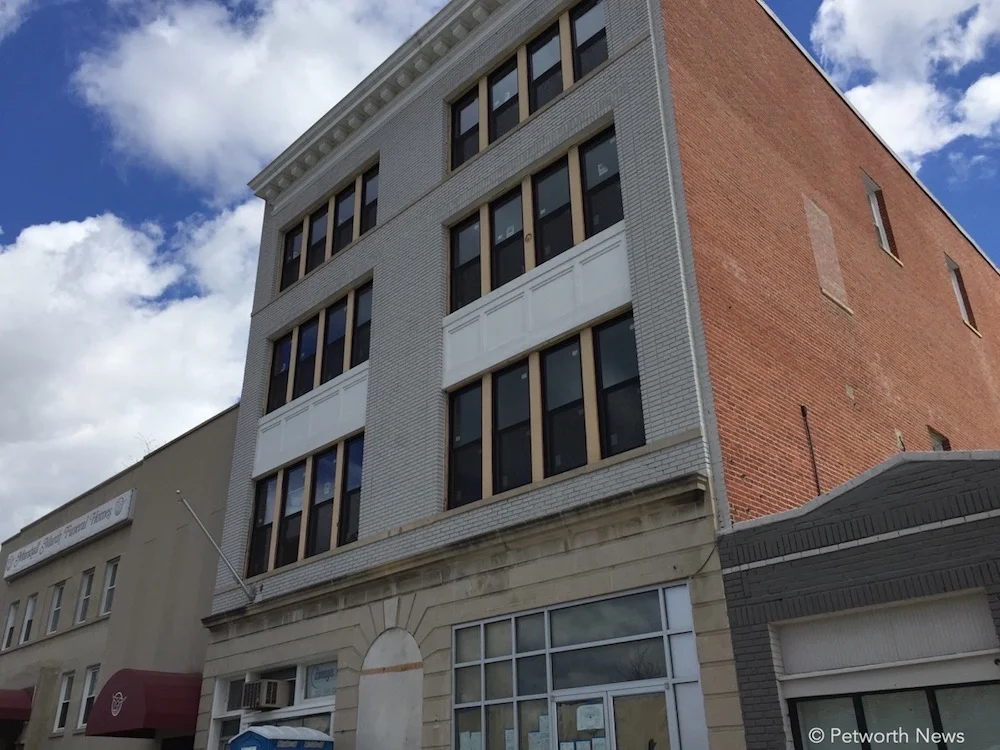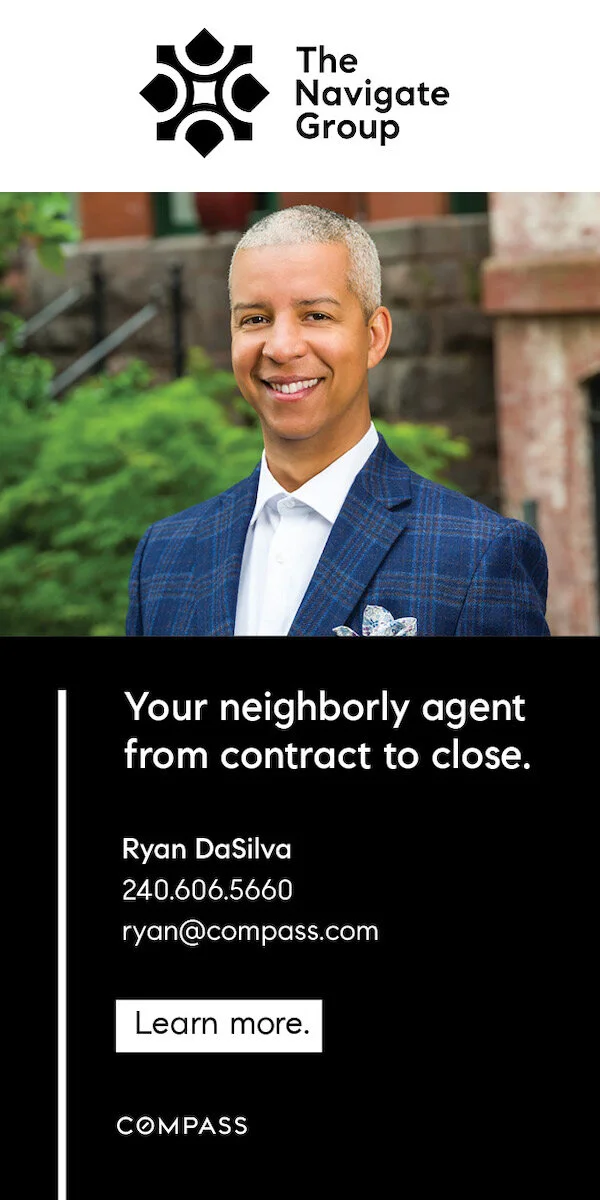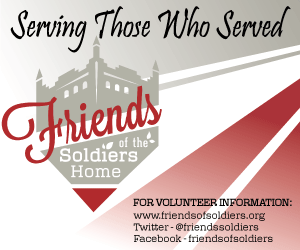9th Street BARJ: A look at the DC Courts adolescent pre-adjudication center
/The BARJ sign on the 9th Street NW building.
Petworth used to have a post office at the large building located at 4211 9th Street. Even if the people who worked there weren’t always the nicest, it was convenient. When it closed in 2015, people wondered what was going to come next. Condos? A new business?
In 2017, we found out it was going to be the Northwest Balanced and Restorative Justice (BARJ) Drop-In Center, run by DC Courts. And now, after two years of renovations inside the building, DC Courts is getting ready to open the doors to youth.
Petworth News spoke with DC Courts leadership in early September and I toured the center with Terri Odom, the director of the Family Court Social Services Division, Sheila Roberson-Adams, the deputy director, and Dr. Malcolm Woodland, the acting chief child psychologist. We walked through the three and a half story building, talked through who will be attending the center and why, and looked at how staff will work with them.
Director Odom describes the building as a “multifaceted facility for court-involved youth,” providing an alternative to detention. While the building will be open at 8am through 9pm for Court social services staff, youth will be at the center from 4-8:30pm on weekdays. There will be about 8-10 probation officers working at the center, along with 2 supervisor POs, 2 deputy clerks and 2-3 court security officers.
The center will host, on a daily basis, anywhere from 5-30 youth who need legal supervision, such as after an arrest and are in the pre-trial phase, or for truancy issues or if they are repeat runaways and need social services. Ages range from as young as 11 or 12 years old up to 18 and 19 year olds, with the average age of attendees in the 13-17 range. The center will work with male only, while any transgender youth will be accommodated, and Court staff have been trained on working with LGBTQ youth. Females will go to a different facility.
4211 9th Street will host the new BARJ
This building opens up the social services offered by DC Courts to youth specifically in Ward 4 and northwest DC, and is an attempt by the Courts to make attending easier and more successful.
Inside, it looks like a typical office building on the first floor, with an intake desk to meet youth and visitors who come into the building, with two meeting rooms, a few offices, large screen TVs and comfortable chairs in the lobby and inside the main area.
The BARJ will host tutoring sessions for the youth to help with school assignments or if they need specific help in courses. They will also host group meetings for families to facilitate structured decision-making — these could include parents, or concerned teachers, or other adults who have a strong presence in the life of the youth. Youth who attend the BARJ will also have access to anger management therapy, as well as life skills classes.
Toward that end, the second floor hosts a full-size teaching kitchen where youth can learn skills to take care of themselves, or to start a career after attending culinary courses. More meeting rooms, flat screen TVs and offices are on the second floor. The rooms will be used at classrooms for tutoring and other class work.
The third floor is a massive meeting / conference room that takes up the full floor. Director Odom said they are open to allowing community groups use the room, which offers a sound system, projector and plenty of chairs. The half floor above the meeting space, reachable by a staircase or the elevator, boasts a game room with more flat screen TVs, a pool table, air hockey, pinball and a Galaga/Pac Man video game. Youth have to earn the right to come up to the half floor as a reward.
(There was a rumor of an indoor basketball court, but apparently that’s all it was — there’s no court inside the court’s building.)
The view out the window from the second floor looking toward 9th Street with the Library in the distance. Slims on the left, the new Cigar Bar in white and PIzza Hut on the right. A mural would look good on those walls…
On average, most youth will attend the center for a 60-day period after school, while some may stay longer if further supervision is needed or if they choose to return voluntarily (if they want to take advantage of services being offered, or if they become peer leaders). Some youth will have scheduled school and home visits by Court staff, as well as curfew checks for some.
The staff want residents to know that the youth attending the center live in the neighborhood, and across northwest DC. “These youth have real needs and issues,” Director Odom said. They’re local children who need assistance, and the role of the BARJ is to develop the youth and families who live in our communities.
DC Courts is open to ideas from the community for ways to partner, have the youth out in the community working on volunteer programs, and having local residents volunteer at the center.
If you’re interested in volunteering, there will be a background check to clear. They’re looking for people to help with meal prep, art and music classes. You can contact Director Terri Odom via email or at 202-508-1866.
Timeline to open is in the next month or two. Construction was finishing up this month, and the exact opening date wasn’t yet available at time of publication.





